Ketogenic Diet and Brain Health: Protecting Memory and Focus
Keto and Brain Health: Can Low-Carb Diets Protect Against Cognitive Decline?
The search for better brain health is one of the most urgent challenges of our time. With Alzheimer’s and other neurodegenerative conditions on the rise, many are exploring dietary strategies to protect cognitive function and preserve mental clarity. One such strategy? The ketogenic diet.
Originally developed to treat epilepsy in children, the ketogenic diet is now being studied for its wide-reaching neurological benefits, including its potential to prevent or slow age-related cognitive decline. But how strong is the evidence?
Let’s explore what science says about keto and your brain.
Brain Fuel: Why Ketones Matter
Under normal dietary conditions, the brain relies on glucose for energy. But in a state of ketosis, produced by a low-carbohydrate diet, the body generates ketone bodies from fat. These ketones—primarily beta-hydroxybutyrate (BHB)—are an alternative, efficient fuel source for the brain[1].
Importantly, ketones may offer neuroprotective advantages that glucose does not. They produce fewer free radicals and enhance mitochondrial efficiency, making them ideal for brain function, especially under stress or in aging[2].
Keto and Alzheimer’s Disease: Promising Early Evidence
Alzheimer’s is often referred to as “Type 3 diabetes” because of its strong links to insulin resistance in the brain. This metabolic dysfunction leads to reduced glucose uptake, energy failure, and cognitive decline.
Here’s where keto shines: even when glucose metabolism falters, the brain can still utilize ketones. This metabolic bypass may help restore brain energy metabolism in people with early Alzheimer’s or mild cognitive impairment (MCI)[3].
In small clinical trials, ketogenic interventions have shown improvements in memory, verbal fluency, and attention in patients with MCI and early-stage Alzheimer’s[4]. These results are preliminary, but they underscore the potential of keto to support brain resilience.
Reducing Brain Inflammation
Neuroinflammation plays a key role in many cognitive disorders. Ketogenic diets have been shown to reduce markers of inflammation, not only systemically but also within the brain[5].
Animal studies suggest that ketones can inhibit inflammatory pathways and reduce oxidative stress in neurons. This anti-inflammatory effect may protect the brain from both acute injury and long-term degenerative damage[6].
Mitochondrial Health and Cognitive Function
Mitochondria are the power plants of brain cells, and their dysfunction is a hallmark of aging and neurodegeneration.
Ketones help support mitochondrial biogenesis (the creation of new mitochondria) and improve mitochondrial function. Research suggests that a ketogenic diet enhances ATP production and reduces neuronal damage in aging brains[7].
These effects may explain why keto is being explored as a therapeutic option not just for Alzheimer’s but also for Parkinson’s disease, multiple sclerosis, and even traumatic brain injury.
Cognitive Clarity and Mood Benefits
Many people who adopt a ketogenic lifestyle report improved mental clarity, focus, and mood. While much of this evidence is anecdotal, there is scientific support:
- Stable blood sugar and insulin levels contribute to better energy regulation and mental performance[8]
- Increased GABA production on keto may contribute to reduced anxiety and better emotional balance[9]
Though more long-term data is needed, the day-to-day mental sharpness many experience on keto may reflect real physiological changes in brain energy dynamics.
Epilepsy and the Origin of Keto Neurology
It’s important to remember that keto’s neurological roots are well-established. For over 100 years, the ketogenic diet has been used to successfully manage drug-resistant epilepsy in children.
This profound anti-seizure effect has led researchers to investigate whether the same mechanisms—stabilized neuronal activity, reduced excitotoxicity, enhanced metabolism—might be beneficial in broader neurological contexts[10].
Nutrients That Support the Brain on Keto
A well-formulated ketogenic diet can be incredibly brain-friendly, especially when it includes:
- Omega-3 fatty acids (from fatty fish or supplements)
- Magnesium and B vitamins (crucial for neurotransmitter function)
- MCT oil or coconut oil (as additional ketone sources)
- Polyphenols (from herbs and low-carb vegetables like spinach, rosemary, and blueberries)
When paired with intermittent fasting or time-restricted eating, keto may further enhance brain-derived neurotrophic factor (BDNF), a protein that supports neurogenesis and brain plasticity[11].
What the Experts Are Saying
While more large-scale, long-term human trials are still needed, leading researchers in neurology and metabolic medicine are increasingly optimistic.
Dr. Stephen Cunnane, a neuroscientist and ketone metabolism expert, has found that ketones can compensate for brain energy deficits in older adults and those with Alzheimer’s. His work supports the idea that increasing ketone availability could become a future treatment strategy[12].
Conclusion: A Brain-Boosting Path Worth Exploring
The ketogenic diet offers more than weight loss and blood sugar control—it represents a promising frontier for brain health.
By stabilizing energy supply, reducing inflammation, and supporting mitochondrial function, keto may help preserve mental sharpness and slow the progression of cognitive decline. While it’s not a cure-all, the emerging science is hopeful.
For those seeking proactive ways to support their brain as they age, keto isn’t just a fad. It may be one of the most powerful nutritional tools available.







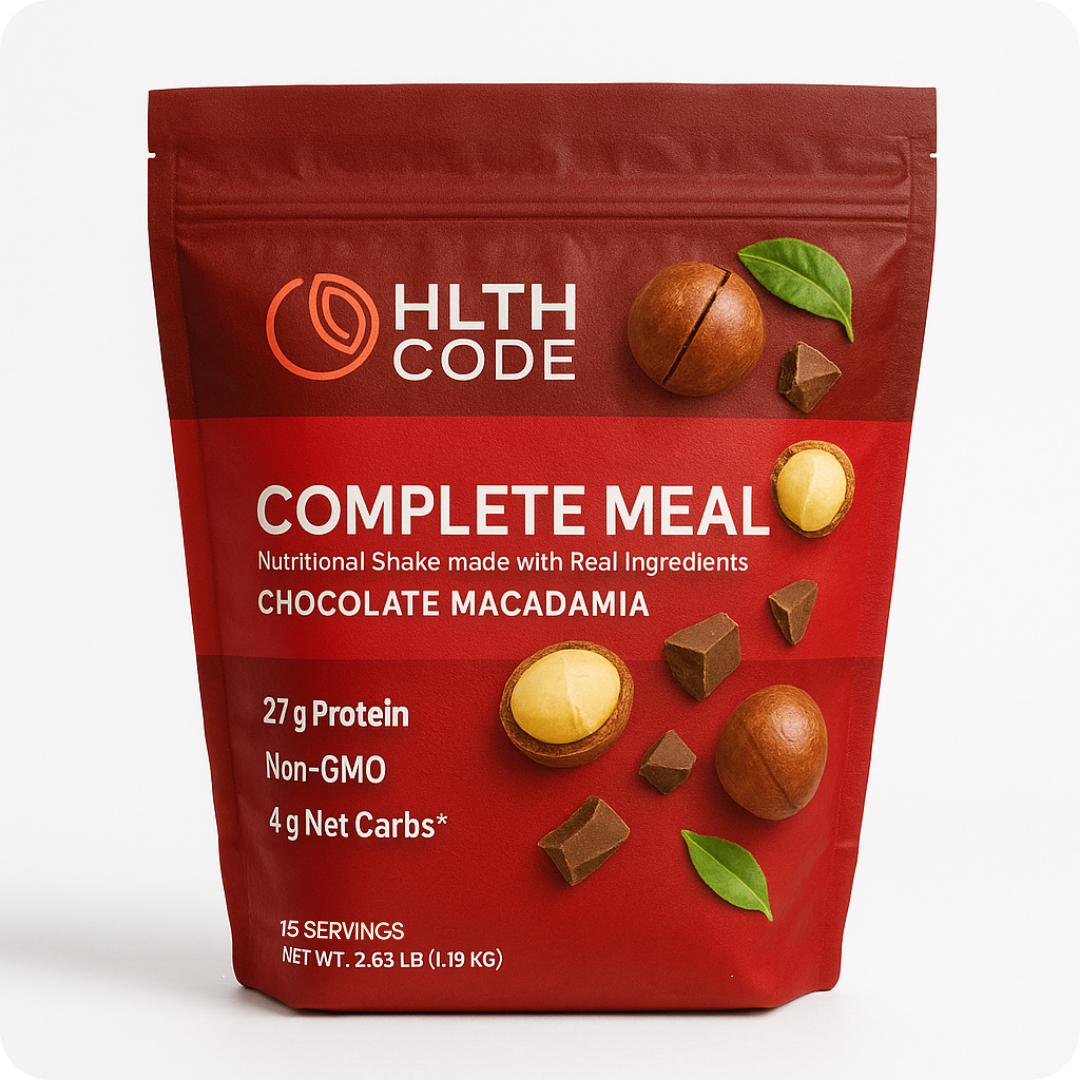
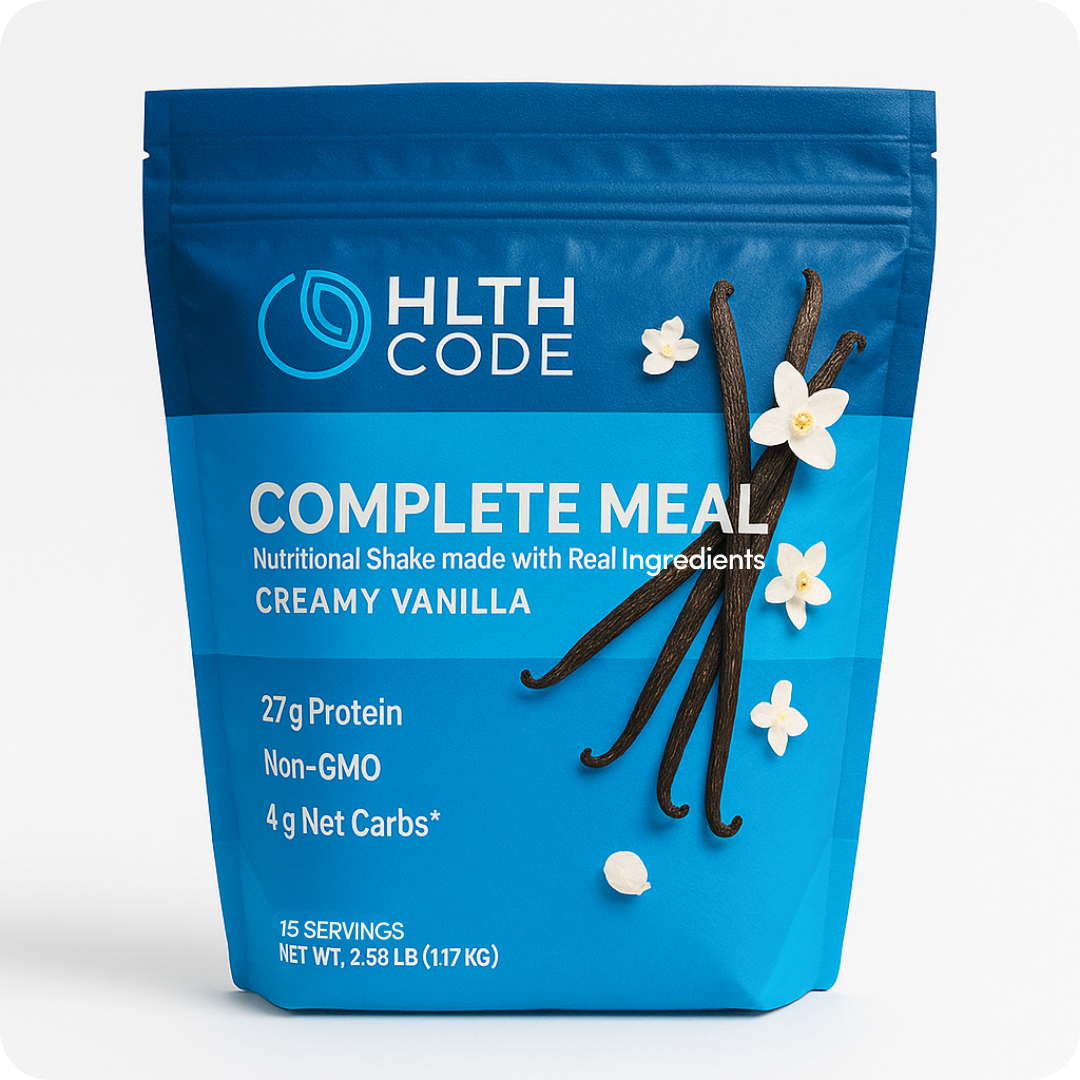
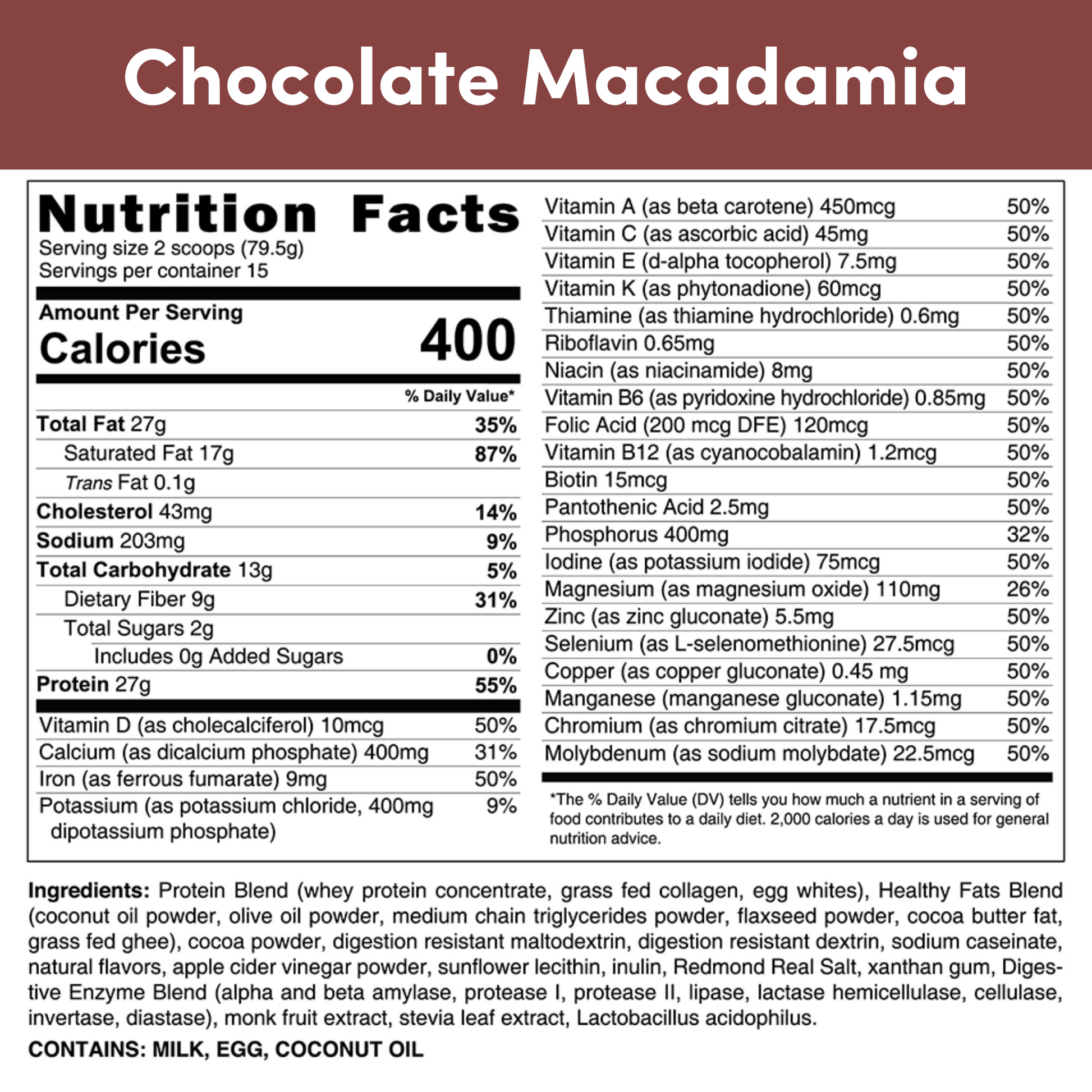
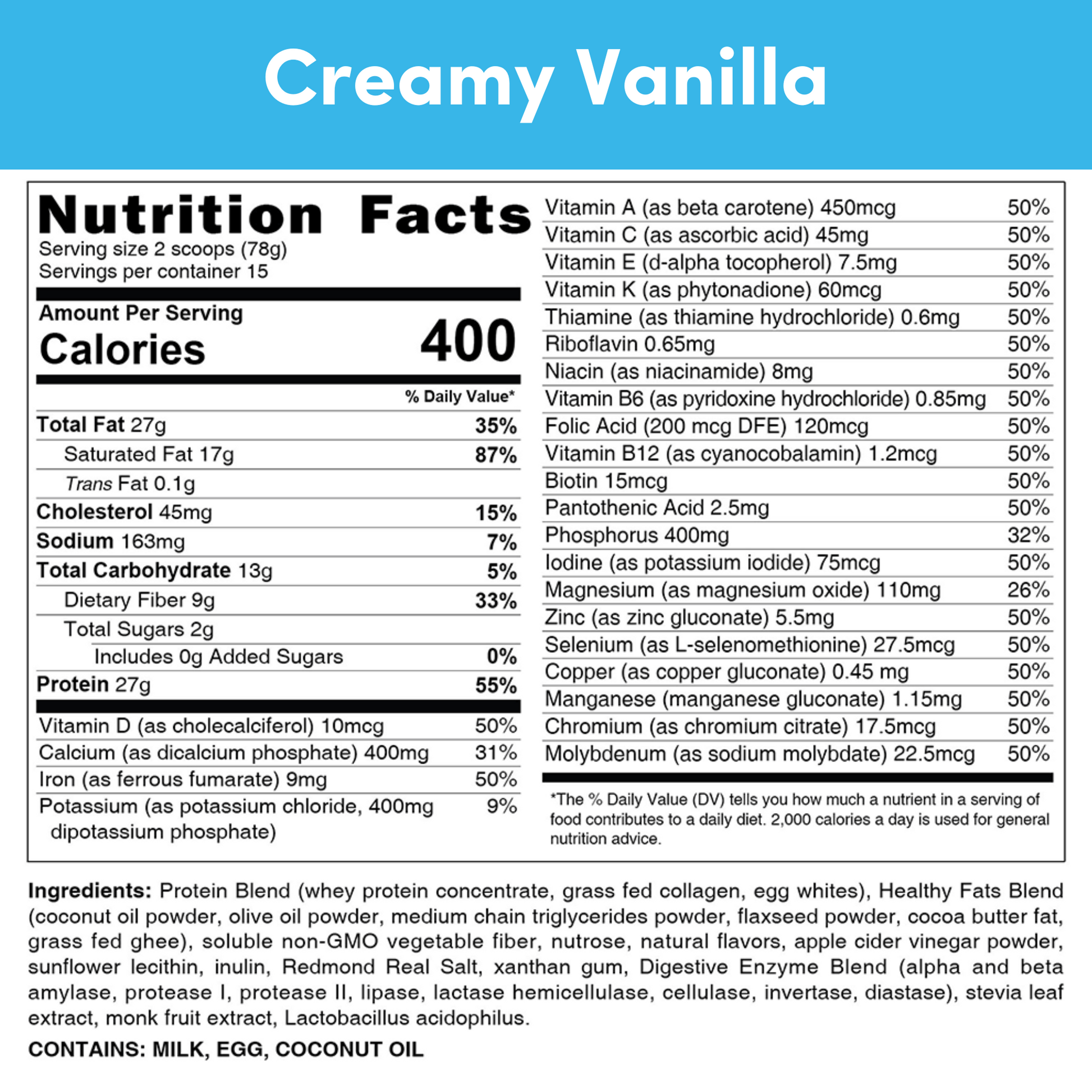



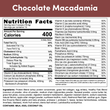
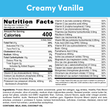

 30 Day Money Back Guarantee
30 Day Money Back Guarantee